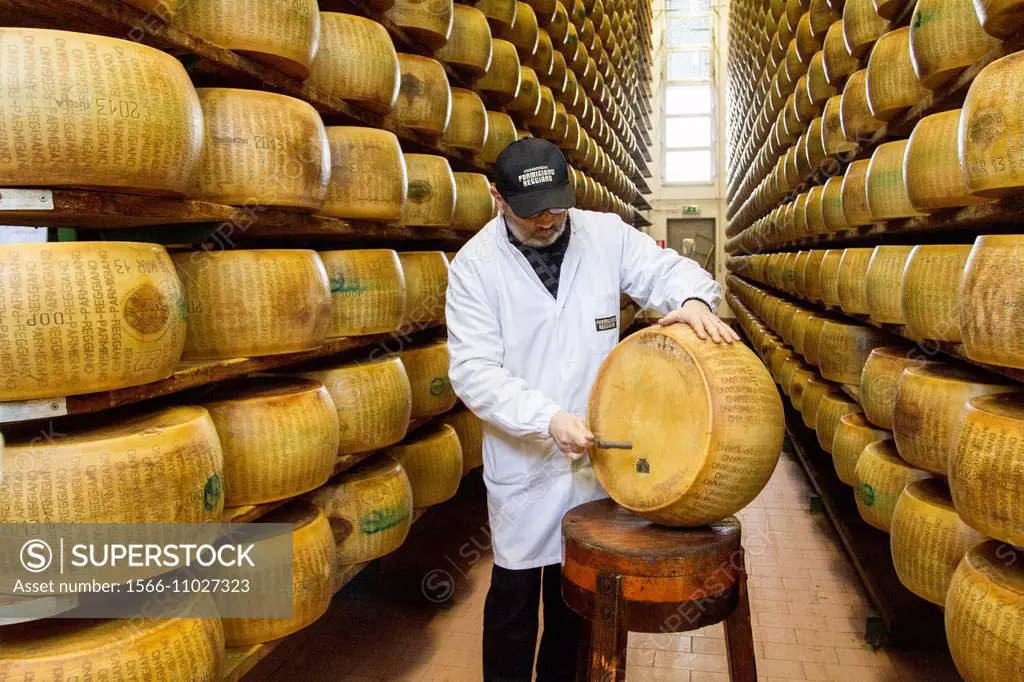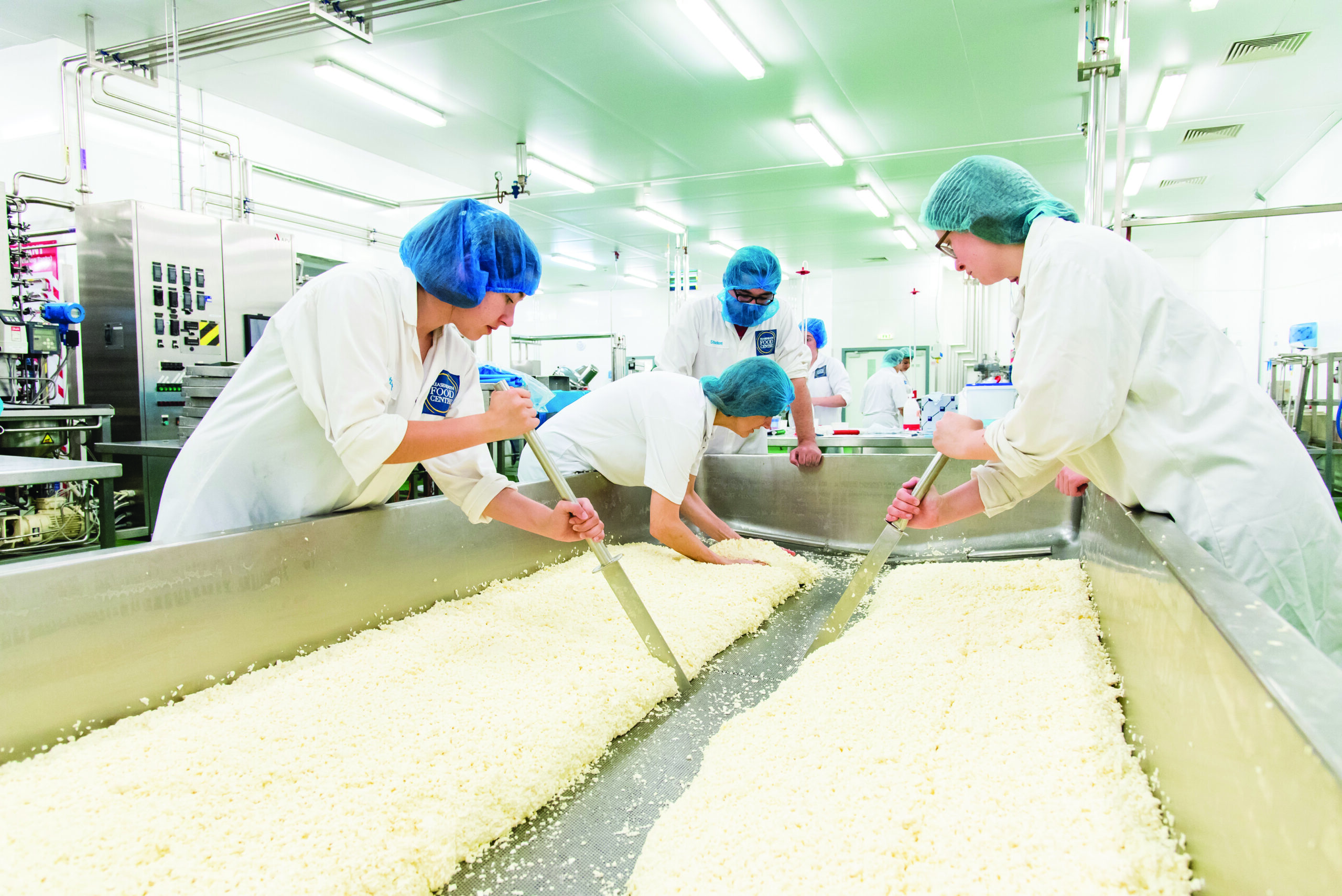Where to Buy Cheese: Top Cheese Shops Melbourne
Where to Buy Cheese: Top Cheese Shops Melbourne
Blog Article
A Comprehensive Look at Cheese Manufacturing: Components, Approaches, and the Future of Artisan Cheeses
The complex procedure of cheese manufacturing is a fascinating merging of art and science, where high-quality milk, rennet, and specific bacterial cultures offer as fundamental components. As the sector increasingly prioritizes sustainability and openness, the future of artisan cheeses guarantees to reflect both heritage and progress.
Trick Components in Cheese Manufacturing
A range of essential ingredients play a critical function in cheese manufacturing, each adding to the final item's flavor, appearance, and character. The key active ingredient in cheese is milk, which can originate from numerous sources, consisting of cows, goats, and lamb - cheese shop melbourne. The kind of milk utilized dramatically influences the cheese's preference and uniformity; for circumstances, cow's milk usually yields creamier cheeses, while goat's milk often creates zesty varieties
Another essential active ingredient is rennet, an enzyme used to curdle the milk, dividing it right into curds and whey. The resource of rennet can be animal, veggie, or microbial, each imparting distinct attributes to celebrity. Societies, including particular stress of germs, are also important to the cheese-making process. They ferment lactose right into lactic acid, aiding in taste development and structure.
Salt not only improves the taste but also serves as a preservative, hindering the growth of unwanted bacteria. In addition, numerous flavor agents, such as natural herbs, spices, or perhaps smoked wood, can be added to produce one-of-a-kind artisanal cheeses. Together, these components create the foundation of cheese manufacturing, setting the phase for varied and rich cheese selections.
Typical Cheese-Making Methods
Using typical cheese-making strategies, artisans all over the world protect classic methods that have actually been passed down via generations. These techniques commonly stress the usage of premium, in your area sourced milk, which is central to the one-of-a-kind flavors and appearances of artisanal cheeses. The process commonly begins with the cautious heating of milk, followed by the enhancement of cultures and rennet to assist in coagulation.
Once the curds develop, they are cut, permitting whey to drain, a vital action that affects moisture web content and texture. The curds are after that gently mixed and prepared to attain the desired suppleness. Afterward, they are drained and pushed right into molds. Salting is a necessary aspect of this procedure, improving taste while also acting as a chemical.
Aging, or affinage, is another critical element, during which cheeses develop their characteristic aromas and preferences. Craftsmens may employ particular aging environments, making use of humidity and temperature controls to fine-tune celebrity's account. The dedication to these traditional methods not just sustains neighborhood economic situations yet additionally adds to the rich diversity of cheese selections located globally, commemorating cultural heritage and artisanal workmanship.
Modern Technologies in Cheese Manufacturing
Just how have technological improvements transformed cheese production over the last few years? The integration of modern-day innovation has reinvented both the efficiency and top quality of cheese production. Automation in various phases of the process-- from curd formation to product packaging-- has actually improved uniformity while minimizing labor costs. For example, automated curd reducing and mixing systems permit precise control over texture and wetness levels, essential factors influencing the last product.
In addition, improvements in microbiology have actually enabled cheesemakers to pick specific microbial cultures and enzymes, maximizing flavor accounts and enhancing life span. The usage of sensor modern technology for keeping track of fermentation conditions has likewise come to be widespread, enabling real-time changes to maintain optimum atmospheres for cheese aging.

These improvements not just enhance the high quality and sustainability of cheese manufacturing yet also empower craftsmen manufacturers to keep standard tastes while embracing contemporary effectiveness. As innovation proceeds to develop, the future of cheese manufacturing looks encouraging, blending custom with advancement.
The Role of Terroir in Cheese
In the world of cheese manufacturing, terroir plays a critical duty in defining the distinct characteristics of numerous cheeses. Terroir, a French term typically related to red wine, includes the cheese store melbourne ecological aspects that influence agricultural products, consisting of dirt make-up, environment, and local flora and animals. In cheese-making, the unique features of the area where the milk is sourced can impart particular tastes and textures to the last product.
For example, the grazing conditions of milk animals considerably impact the milk's make-up, influenced by the sorts of turfs and natural herbs available in a certain area. This differs not just in between nations but additionally in between regions within the exact same country. Furthermore, the microbial communities existing in the environment add to the fermentation processes, resulting in varied profiles in flavor and scent.
Cheeses such as Roquefort, Parmigiano-Reggiano, and Cheddar exemplify how terroir can form their identifications, making them distinctive and often protected by geographical signs. As producers progressively acknowledge the value of terroir, there is an expanding focus on sourcing neighborhood active ingredients and keeping standard techniques, making certain that each cheese absolutely reflects its origin.

Future Trends in Craftsmen Cheeses
A notable change is occurring in the craftsmen cheese sector, driven by evolving customer preferences and technical advancements. Progressively, customers are being attracted towards unique, top notch products that highlight both sustainability and neighborhood sourcing - cheese store melbourne. This fad is prompting artisan cheesemakers to introduce, concentrating on small-batch production and making use of typical techniques while incorporating modern-day technology to enhance high quality and safety and security
Moreover, there is a growing passion in plant-based and different dairy products, pushing typical cheesemakers to discover new opportunities, such as cashew or almond-based cheeses. This change not just accommodates dietary restrictions however likewise straightens with ecological concerns concerning animal farming.
Additionally, transparency in sourcing and production processes is ending up being vital. Customers are extra enlightened and demand traceability, prompting manufacturers to take on clearer labeling practices and participate in storytelling that highlights their methods and worths.
Conclusion
To conclude, the intricate process of cheese manufacturing blends standard strategies with modern-day technologies, causing a varied selection of tastes and appearances. The focus on high-grade ingredients and the influence of terroir underscore the virtuosity associated with cheese manufacturing. As the sector progresses, an emphasis on sustainability and transparency will likely shape the future of artisan cheeses, dealing with an increasingly discerning customer base that values credibility and workmanship in dairy items.
Report this page